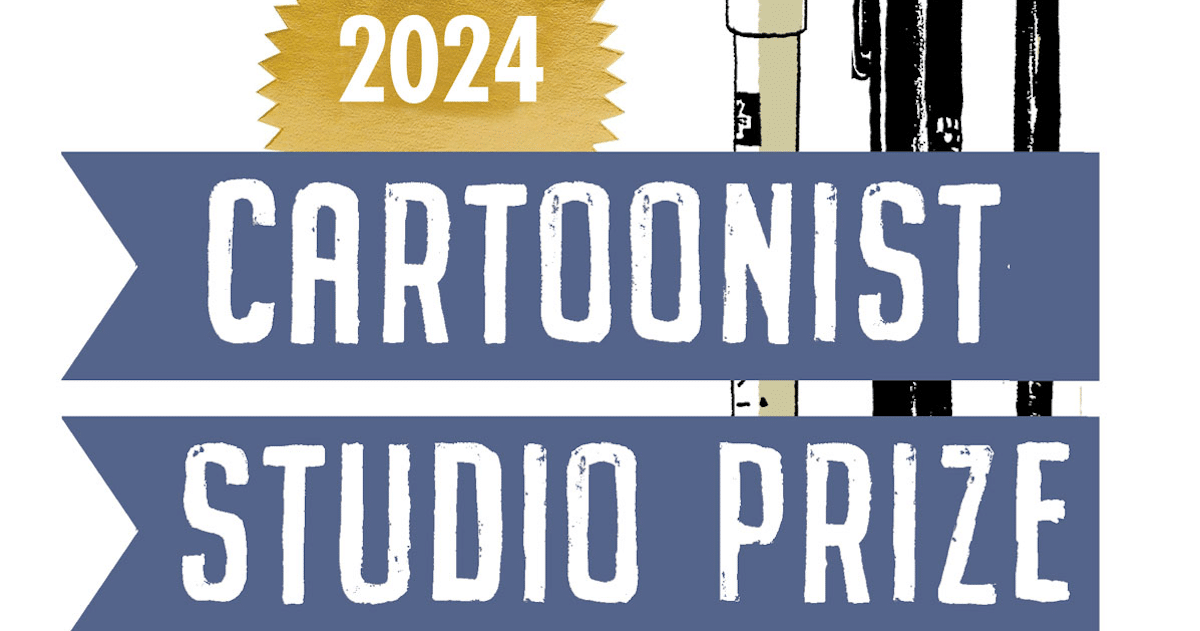The LA Times rounds up the epic story of how the original Mickey Mouse may just not be “copyright Disney” anymore:
All signs pointed to a Hollywood ending with Disney and Mickey Mouse living happily ever after — at least until a grumpy former employee looked closely at fine print long forgotten in company archives.
Film credits from the 1920s revealed imprecision in copyright claims that some experts say could invalidate Disney’s long-held copyright, though a Disney lawyer dismissed that idea as “frivolous.”
Although studio executives are not yet hurling themselves from the parapets of Sleeping Beauty’s castle, the unexpected discovery raises an intriguing question: Is it possible that Mickey Mouse now belongs to the world — and that his likeness is usable by anybody for anything?
As the story takes pains to explain, Disney owns the trademark on the more recent evolution of the Mouse, but the earlier versions are in public domain–despite Congress constantly passing copyright extensions for just this very reason — so copyright is a bit hazy. The story also contains a great roundup of Disney’s various copyright battles over the years, and how the teensy-tiny loopholes they have used against others may now be turned against the studio giant.
More from Cartoon Brew.
Technorati Tags: Disney






It’d be hilarious if this happened. But given how much money Disney has been willing to throw at Congress to get themselves a virtual perpetual copyright, I doubt they’ll be unwilling to bribe a judge to get this thrown out of court.
I doubt it will ever go to court. The money to be made by non-trademark exploitation of the early Mickey material (and let’s keep that straight — just because the copyright may be in the public domain doesn’t mean that Disney doesn’t hold trademarks on the MM name and even the early likeness) to make it worth anyone actually fighting this battle. Disney could (and likely would) make it a long, expensive fight for anyone who chose to venture in… and the winner would not establish any right for himself that he did not establish for anyone else, thus putting himself in immediate competition with everyone else.
@Nat Gertler: Exactly. Perhaps someone like the EFF might take the case on principle were someone to try to exploit the images, but the fight would be long and expensive, victory uncertain, and the likely return minimal.
That’s not to assert it’ll never happen, but such an action would benefit from some serious thought beforehand. A law review article is not precedent–Disney, at least, would dispute the claim that “the earlier versions are in the public domain.”
It’s no secret that some early Mickey Mouse comic strips are in public domain. Which comics publisher was it–Eternity?–that brought them out in the ’80s? They were squashed from going past two issues by Disney claiming trademark infringement because some of the strips were reproduced on the back cover.
I wonder what would happen if the trademark issues could be successfully skirted. Of course, there’s the entirely different problem of the portrayal of black people in the public domain Mickey Mouse strips.
Best,
Eric
“I wonder what would happen if the trademark issues could be successfully skirted.”
There would seem to be some way around it. After all, there have been all sorts of cheap releases of the public domain Fleischer Studios Superman cartoons, and Superman’s still protected by trademarks (and copyrights on other material.)
Not that it’s a perfect corrolation between the two situations, either…
@ericshanower You’re referring to The Uncensored Mouse, which I actually bought at my LCS back when it first came out! Wherever one falls in the copyright debate, it’s a fascinating historic piece. It’s also another instance where, at least according to accounts that I’ve read, Disney disputed the claim that the material in question is actually in the public domain. Comic Book Urban Legends #115 has a concise write-up, with a link to useful essays from Jim Hill.
Once again, the Simpsons did it first. Anyone remembers the Itchy and Scratchy episode in which Bart & Lisa find out that the mouse and cat don’t belong to a corporation? That they are actually property of Chester J. Lampwick.
Hah– Itchy and Scratchy is itself a rip-off of a 1970s Italian funny animal/shock horror comic called Squeak The Mouse by a cartoonist named Massimo Mattioli.
http://www.amazon.com/Squeak-Mouse-Massimo-Mattioli/dp/0874160707
I was thinking about the Simpsons Lampwick episode too.
Comments are closed.